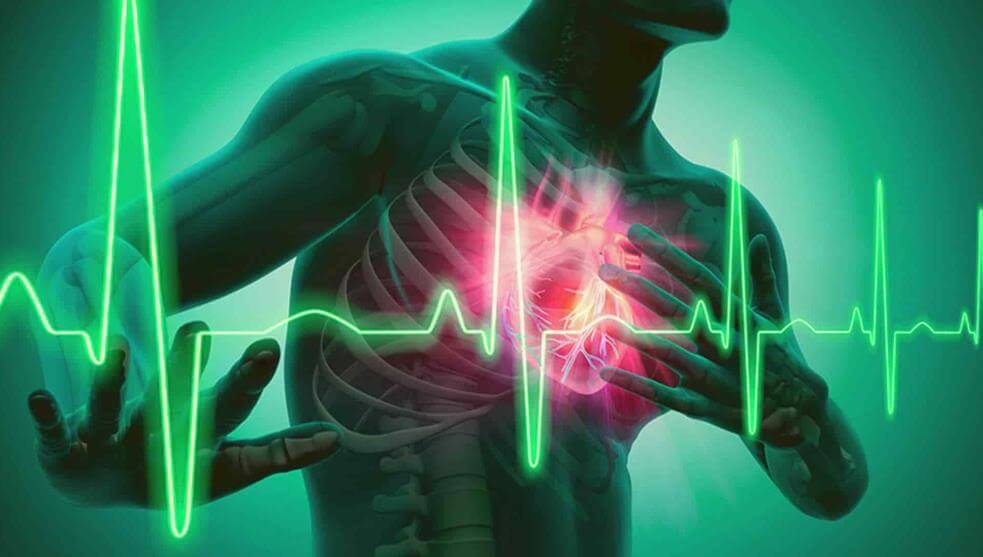April 11, 2023
The term “arrhythmia” refers to any change from the normal sequence of electrical impulses.
The electrical impulses may happen too fast, too slowly, or erratically causing the heart to beat too fast, too slowly or erratically.
Types of Arrhythmia
- Atrial Fibrillation- upper heart chambers contract irregularly.
- Bradycardia- slow heart rate
- Tachycardia- very fast heart rate
- Ventricular Fibrillation disorganized contraction of the lower chambers of the heart
Why Arrhythmia matters?
- When the heart’s ability to work is greatly reduced for a prolonged time, a life-threatening situation can arise. This may result from ventricular tachycardia and ventricular fibrillation, an extremely fast, chaotic rhythm during which the lower chambers quiver and the heart cant pump any blood, causing cardiac arrest. This is sudden cardiac arrest, which is a medical emergency.
What is sudden cardiac arrest?
- Sudden cardiac arrest is the abrupt loss of heart function in a person who may or may not have diagnosed heart disease. The time and mode of death are unexpected. It occurs instantly or shortly after symptoms appear.
